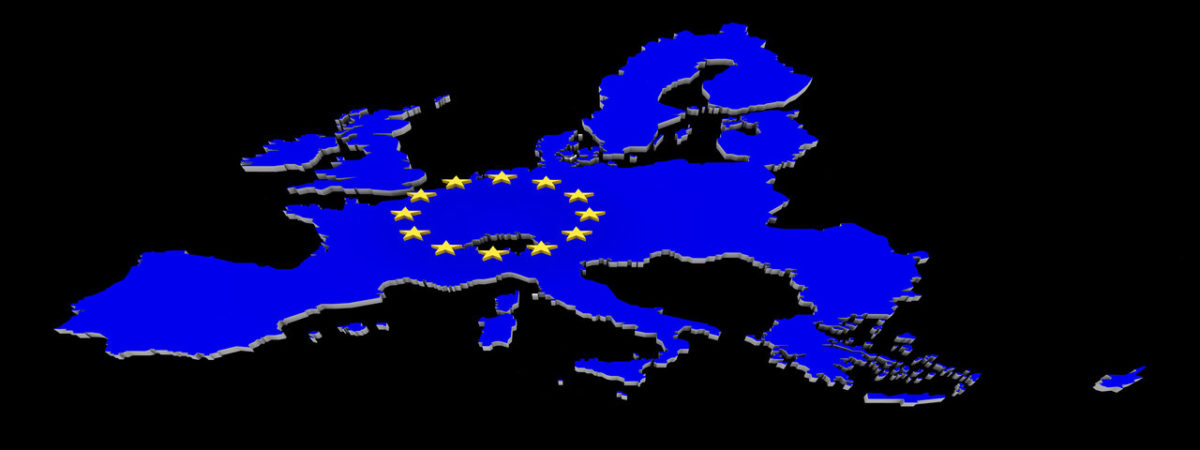SMPC repeats call for quantitative easing – February 2009
SUGGESTED

State intervention in pension provision has been disastrous

Reform is needed in the old industrial and agricultural areas of 'New Europe'

Further rate cuts would have little effect
While the three dissenting SMPC members unanimously favoured a further 0.5% cut in Bank Rate to 1%, most members of the shadow committee felt that further reductions in interest rates would have little effect on economic activity. Instead, they believed that direct action should be taken to ensure that a slump in the money supply does not cause depression. This direct action should take the form of what has come to be known as ‘quantitative easing’ – for example by the Bank of England creating money to buy bank assets.
Members recognised the dangers of quantitative easing – especially if the UK government started creating money to finance its huge budget deficit. The Committee were also concerned about the effect that quantitative easing would have on inflation expectations. It was therefore emphasised that any action to increase monetary growth directly should be reversed quickly, as soon as measures of monetary growth returned to levels consistent with avoiding serious economic difficulties. It was also stressed that the role of the inflation target should be re-emphasised. Members pointed out that quantitative easing should be used to prevent inflation falling below target and not to reflate the economy.
Read the full report here.



